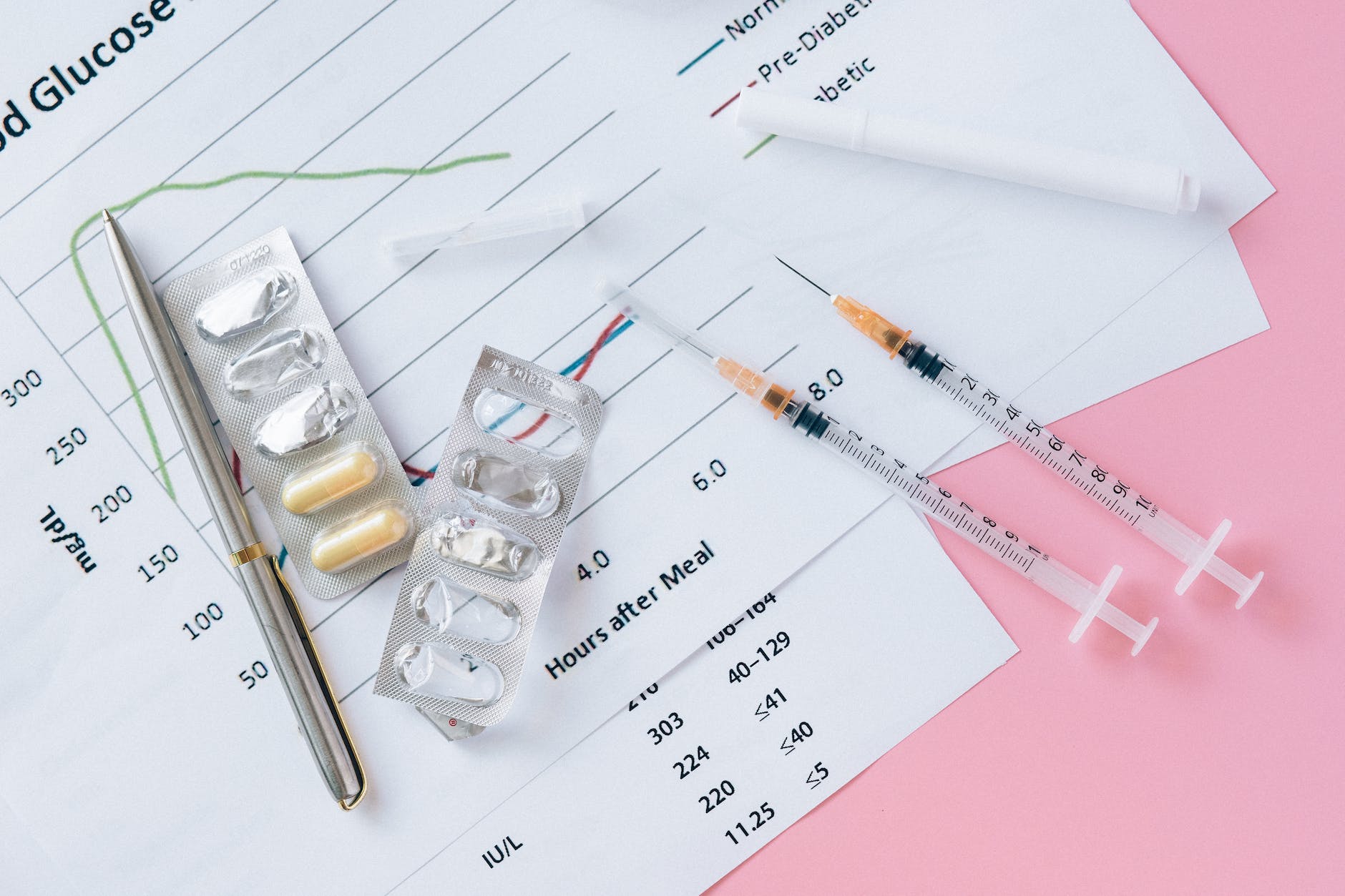Nutrition and Diabetes: A Natural Approach to Balanced Blood Sugar


Nutrition and Diabetes: A Natural Approach to Balanced Blood Sugar
In today's fast-paced world, maintaining balanced blood sugar levels has become increasingly important, especially for individuals with diabetes. Proper nutrition plays a vital role in managing diabetes and promoting overall health and well-being. In this article, Nutrition and Diabetes: A Natural Approach to Balanced Blood Sugar, we will delve into the relationship between nutrition and diabetes, exploring a natural approach to achieving balanced blood sugar levels. https://diabetescure4u.com/
Understanding Diabetes
Before we dive into the details, let's take a moment to understand what diabetes is. Diabetes is a chronic condition characterized by high blood sugar levels. There are primarily two types of diabetes: type 1 and type 2.
Type 1 diabetes is an autoimmune disease where the body's immune system attacks and destroys the insulin-producing cells in the pancreas. Insulin is a hormone responsible for regulating blood sugar levels. People with type 1 diabetes require external insulin administration to survive.
Type 2 diabetes, on the other hand, is more common and often associated with lifestyle factors. In type 2 diabetes, the body either doesn't produce enough insulin or becomes resistant to its effects, resulting in elevated blood sugar levels. Lifestyle modifications, including dietary changes, exercise, and weight management, play a significant role in managing type 2 diabetes.
The Role of Nutrition in Diabetes Management
When it comes to diabetes management, nutrition takes center stage. A well-balanced diet can help individuals achieve and maintain optimal blood sugar levels, reduce the risk of complications, and enhance overall health. Here are some key principles to consider:
1. Embrace a Low Glycemic Index (GI) Diet
The glycemic index (GI) is a measure of how quickly carbohydrates in food raise blood sugar levels. Foods with a high GI can cause a rapid spike in blood sugar, while those with a low GI are digested more slowly, resulting in a gradual and steady release of glucose. Opting for low GI foods such as whole grains, legumes, non-starchy vegetables, and lean proteins can help regulate blood sugar levels effectively.
2. Prioritize Complex Carbohydrates
When choosing carbohydrates, opt for complex carbohydrates over simple ones. Complex carbohydrates, found in whole grains, fruits, and vegetables, are rich in fiber, which slows down digestion and absorption, preventing sudden blood sugar spikes. Simple carbohydrates, such as refined sugars and processed foods, should be limited or avoided altogether.
3. Incorporate Lean Proteins
Protein is an essential macronutrient that helps stabilize blood sugar levels and promotes satiety. Include lean sources of protein like skinless poultry, fish, tofu, legumes, and nuts in your meals. They provide important nutrients without causing significant fluctuations in blood sugar.
4. Choose Healthy Fats
Contrary to popular belief, not all fats are bad for you. Healthy fats, such as those found in avocados, nuts, seeds, and olive oil, offer numerous health benefits. They provide a sense of fullness, slow down digestion, and help regulate blood sugar levels. However, it's essential to consume them in moderation due to their high calorie content.
5. Portion Control and Regular Meals
Maintaining a consistent eating schedule and practicing portion control is crucial for managing blood sugar levels. Spacing out meals evenly throughout the day helps prevent drastic fluctuations in blood sugar. Aim for three balanced meals and incorporate healthy snacks if needed, ensuring you stay within your recommended calorie intake.
Beyond Nutrition: A Holistic Approach
While nutrition is a cornerstone of diabetes management, adopting a holistic approach is equally important. Here are a few additional strategies to support overall well-being:
1. Regular Physical Activity
Engaging in regular physical activity offers a myriad of benefits for individuals with diabetes. Exercise helps improve insulin sensitivity, promotes weight management, lowers blood sugar levels, and enhances cardiovascular health. Aim for at least 150 minutes of moderate-intensity aerobic activity per week, coupled with strength training exercises.
2. Stress Management
Chronic stress can impact blood sugar levels, making stress management techniques crucial for diabetes management. Explore practices such as mindfulness meditation, yoga, deep breathing exercises, and hobbies to reduce stress and promote emotional well-being.
3. Quality Sleep
Adequate sleep plays a vital role in maintaining optimal blood sugar levels. Poor sleep patterns and sleep deprivation can disrupt insulin production and increase insulin resistance. Aim for 7-9 hours of quality sleep per night to support overall health and diabetes management.
4. Regular Monitoring and Medical Care
Regular monitoring of blood sugar levels, along with routine medical care, is essential for effective diabetes management. Work closely with your healthcare team to establish an individualized treatment plan, which may include medication, insulin, or other interventions as needed.
Conclusion
In conclusion, adopting a natural approach to balanced blood sugar levels is crucial for individuals with diabetes. Through mindful nutrition choices, regular physical activity, stress management, quality sleep, and routine medical care, individuals can empower themselves to lead healthy, fulfilling lives. Remember, achieving and maintaining balanced blood sugar levels is a journey, and it's important to consult with healthcare professionals for personalized advice and guidance along the way.


